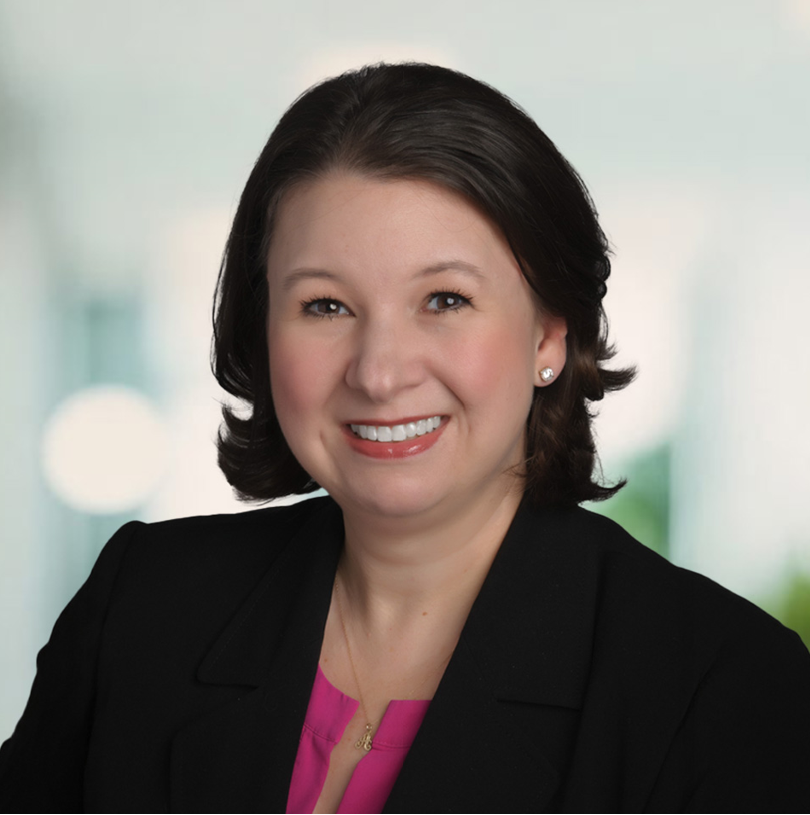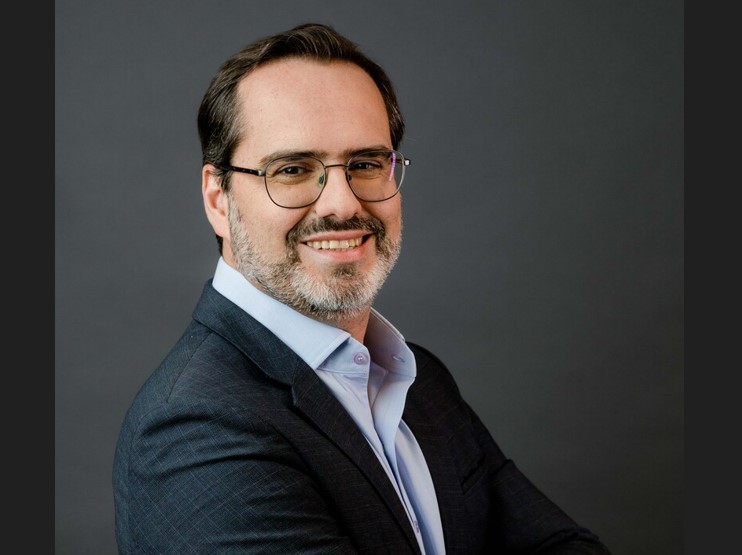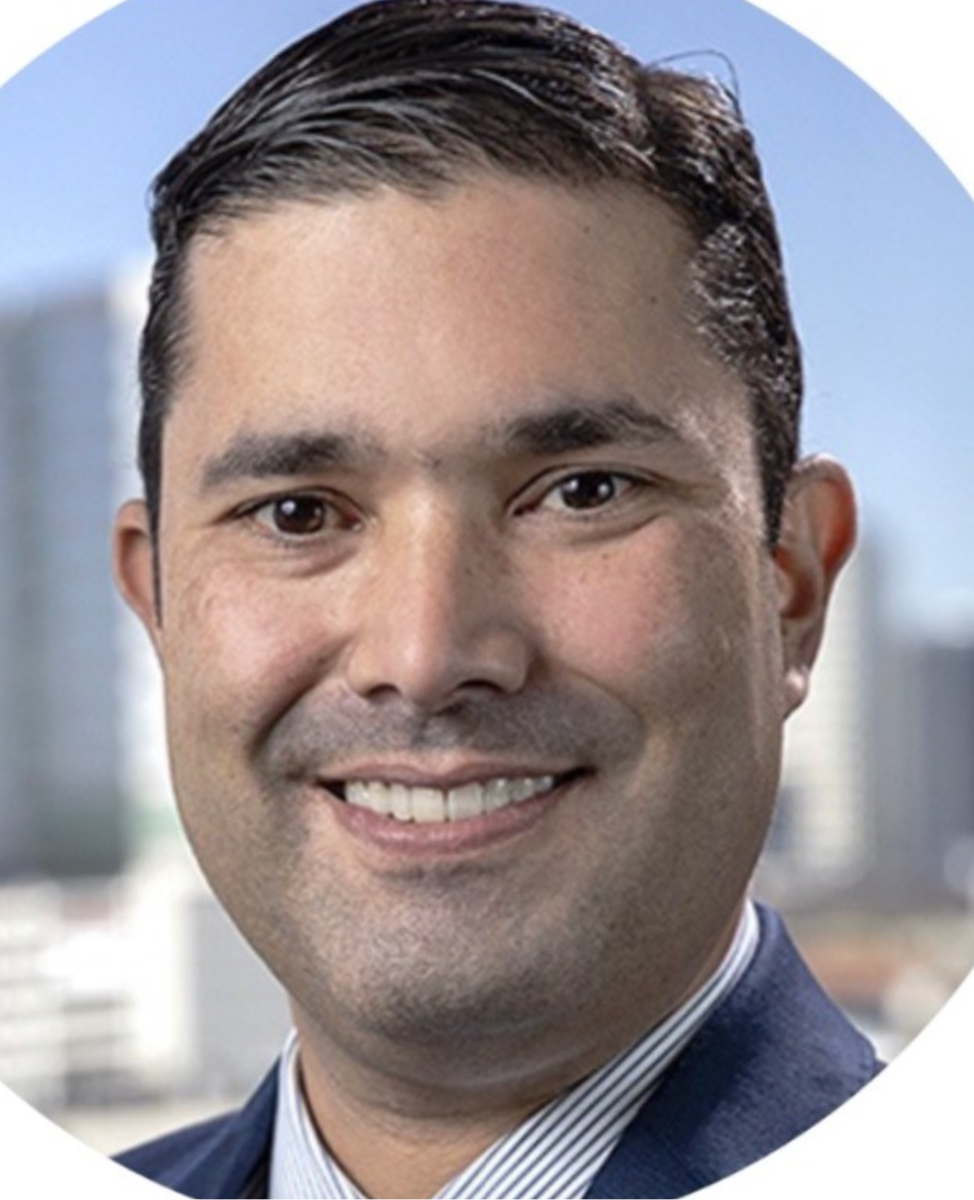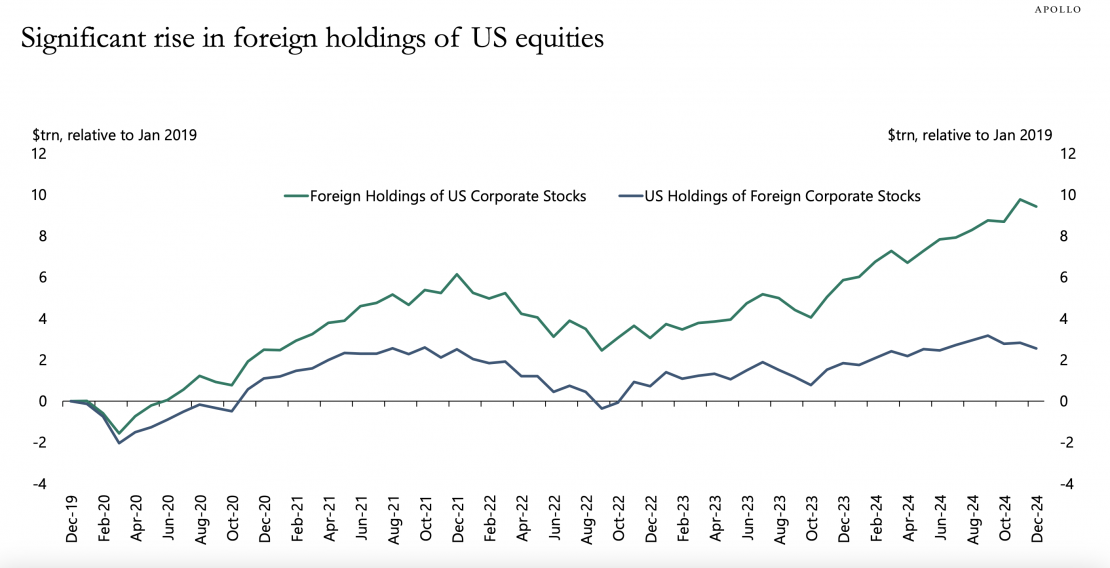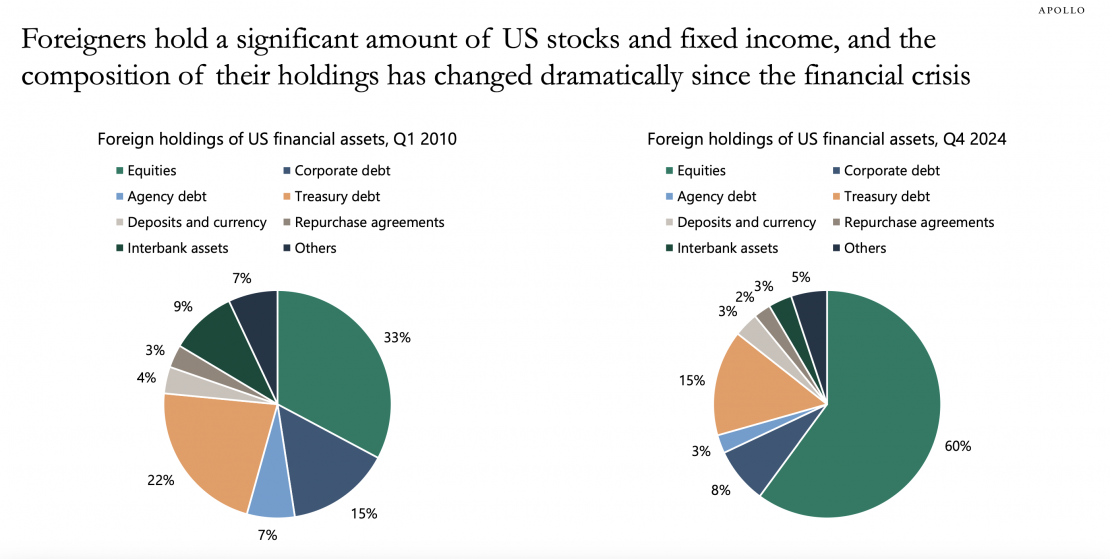Global Growth Forecasts Slashed Dramatically Due to U.S. Trade War
| For Amaya Uriarte | 0 Comentarios

Fitch Ratings has just published a damning report outlining the consequences of the trade war launched by the U.S. government: it will reduce growth in both the U.S. and globally, drive up inflation in the U.S., and delay interest rate cuts by the Federal Reserve.
“We have cut our U.S. growth forecast for 2025 from 2.1% to 1.7% in the December 2024 Global Economic Outlook (GEO), as well as our 2026 forecast from 1.7% to 1.5%. These rates are well below trend and lower than the nearly 3% annual growth seen in 2023 and 2024,” the note states.
Fiscal easing in China and Germany will cushion the impact of increased U.S. import tariffs, but growth in the eurozone this year will still fall well short of what was forecast in December. Mexico and Canada will experience technical recessions given the scale of their trade exposure to the U.S., prompting the ratings agency to cut their 2025 annual forecasts by 1.1 and 0.7 percentage points, respectively.
“We forecast that global growth will slow to 2.3% this year, well below trend and down from 2.9% in 2024. This 0.3 percentage point downward revision reflects widespread reductions across developed and emerging economies. Growth will remain weak at 2.2% in 2026,” Fitch adds.
The magnitude, speed, and breadth of U.S. tariff hike announcements since January are alarming, the firm notes. The effective tariff rate (ETR) in the U.S. has already risen from 2.3% in 2024 to 8.5% and is likely to continue increasing: “Our latest economic forecasts assume an ETR of 15% will be imposed on Europe, Canada, Mexico, and other countries in 2025, and 35% on China. This will raise the U.S. ETR to 18% this year, before moderating to 16% next year, as the ETR for Canada and Mexico falls to 10%. This would be the highest rate in 90 years.”
“There is enormous uncertainty surrounding the extent of U.S. measures, and our assumptions could be too severe. However, there are also risks of a greater tariff shock, including an escalation of the global trade war. In addition, the U.S. government has set an import substitution agenda — aimed at boosting U.S. manufacturing and reducing the trade deficit — which it believes can be achieved through higher tariffs,” the note adds.
The tariff hikes will lead to higher consumer prices in the U.S., lower real wages, and increased business costs, while rising political uncertainty will negatively affect business investment. Retaliation will hit U.S. exporters. Export-oriented global manufacturers in East Asia and Europe will also be affected. Models suggest the tariff increases will reduce GDP by around one percentage point in the U.S., China, and Europe by 2026.
The recent implementation of fiscal stimulus in Germany will greatly help cushion the blow and allow its economy to moderately recover in 2026. More aggressive policy easing will also help offset the impact in China. Since the tariff impact is estimated to add 1 percentage point to short-term inflation in the U.S., Fitch believes the Fed will delay further easing until the fourth quarter of 2025. Currently, it forecasts only one rate cut this year, followed by three more in 2026 as the economy slows and tariff levels stabilize.


